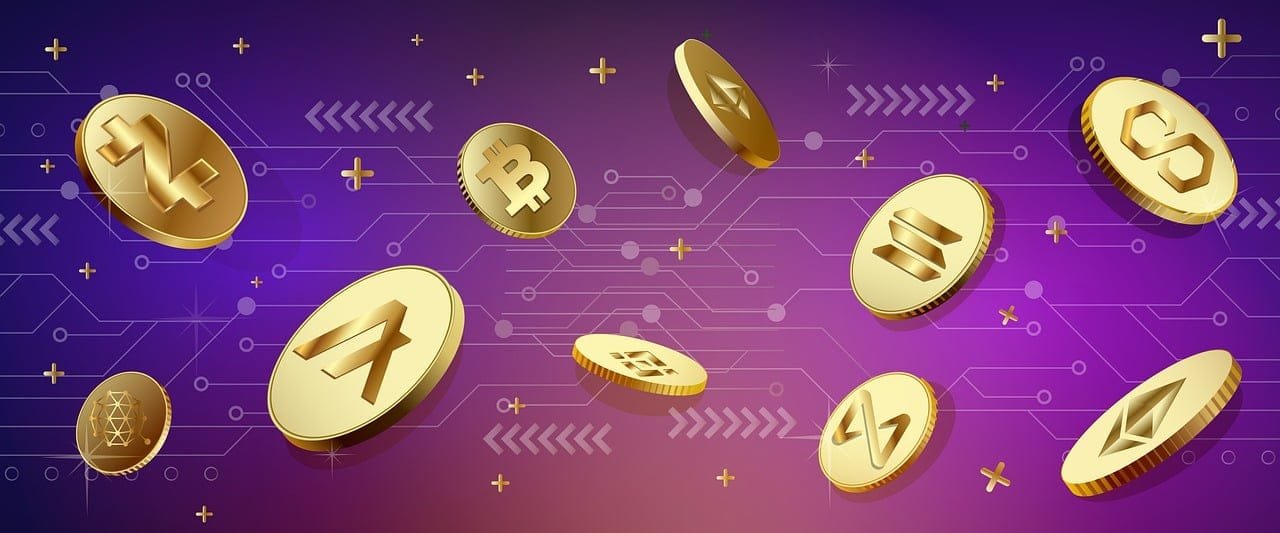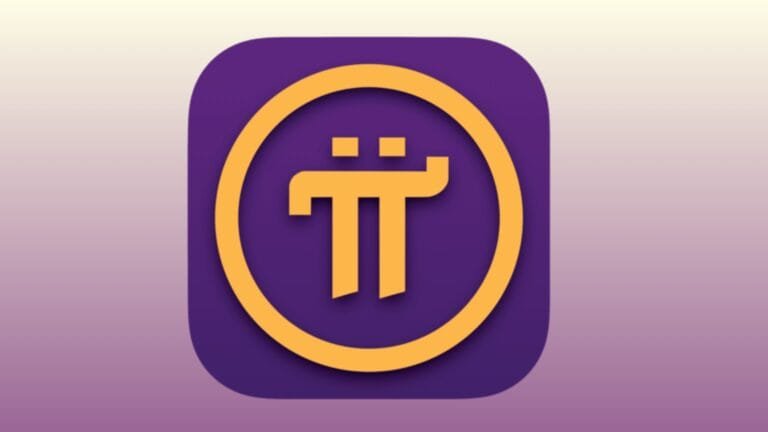What Is Cryptocurrency And How It Works
What Is Cryptocurrency?
A cryptocurrency is a kind of digital or virtual money that is protected by cryptography and is very difficult to fake or spend twice. The majority of cryptocurrencies are stored on decentralized networks that employ blockchain technology, which is a distributed ledger maintained by many computer networks.
The fact that cryptocurrencies are typically not issued by a single entity makes them theoretically resistant to manipulation or intervention by the government.
Key Takeaways
A digital asset built on a network dispersed among numerous computers is called a cryptocurrency. They are able to survive without being governed by governments or other central authority because of their decentralized structure.
According to some analysts, the legal and financial sectors will be among many others that are disrupted by blockchain technology.
The benefits of cryptocurrencies include decentralized systems that don’t crash at a single point of failure, as well as quicker and less expensive money transfers.
The price volatility, high energy consumption for mining, and usage in illicit activities are among the drawbacks of cryptocurrencies.
How does cryptocurrency work?

Let’s start by examining the mysterious moniker of cryptocurrencies in order to better comprehend how it functions. In the context of cryptocurrencies, “crypto” refers to the software programs that safeguard, or encrypt, the networks in order to provide safe transactions and preserve decentralization. Generally speaking, financial organizations like banks and credit card firms assist in preventing fraud, and a nation’s central bank is in charge of overseeing its currency to maintain its value. Blockchain technology and encryption are used by cryptocurrencies to accomplish comparable tasks.
A network of computers running blockchain software confirms that the payment is feasible between the parties before carrying out the transaction. To promote transparency throughout the network, the blockchain additionally maintains a record of transactions. In order to incentivize individuals to validate blockchain transactions, miners, also known as validators, are paid when new transactions are added to a blockchain transaction log. Recipients can use their private key to access funds after a transaction has been validated.






